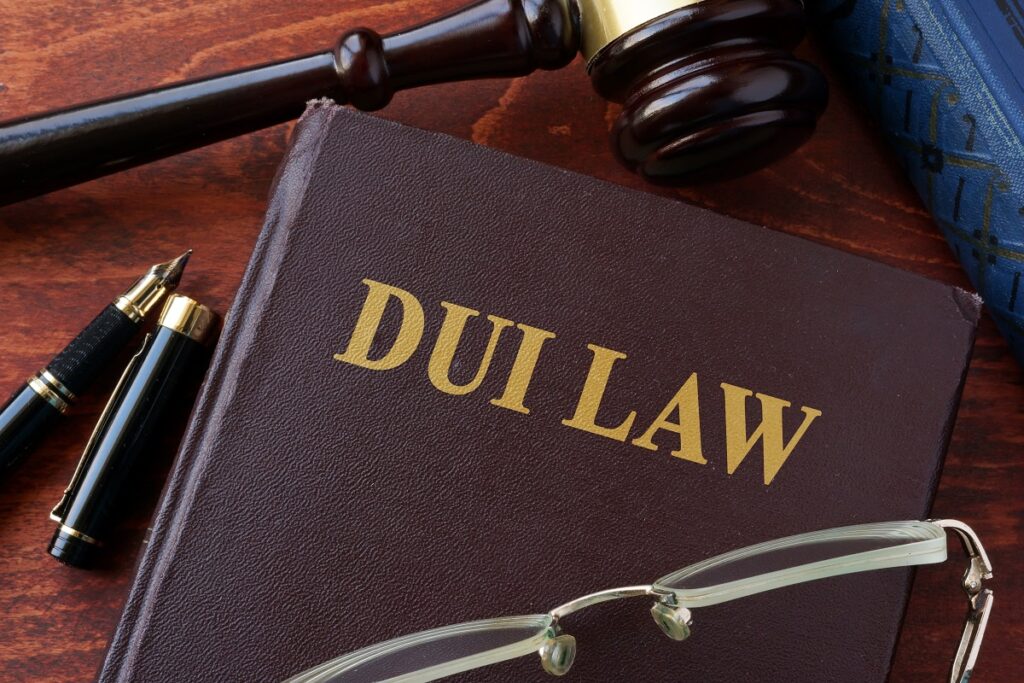- DUI laws, varying by state, aim to ensure community safety by deterring impaired driving.
- Penalties for DUI offenses can range from license suspension to jail time, depending on severity.
- A DUI lawyer can offer guidance, explore defense strategies, and potentially reduce sentences.
- Avoiding DUI charges includes steps like designating a sober driver, avoiding late-night driving, and understanding local laws.
Driving under the influence (DUI) is one of the leading causes of serious car accidents, injuries, and fatalities in the United States. As such, it is taken seriously by both state and federal governments. DUI laws and penalties vary by state, but their goal is to keep the community safe and prevent people from driving while impaired. This blog post will explore what DUI laws entail, what the penalties are for breaking them, and why they play a crucial role in maintaining public safety.
What is a DUI?

A DUI is a serious criminal offense that occurs when a driver operates a vehicle while impaired by drugs or alcohol. Each state has its own set of laws to unravel the what-ifs and buts of DUI.
The blood alcohol concentration (BAC) limit in most states is 0.08 percent. It is essential to understand that even a small amount of impairment can cause serious repercussions. For example, if a driver is caught driving while high, they could be charged with driving under the influence of drugs (DUID).
DUI laws are an integral part of road safety and the reduction of accidents caused by impaired driving. They help to keep roads safe for drivers, pedestrians, and other road users as well. DUI laws also help keep motorists accountable for their actions and, in doing so, contribute to the safety of entire communities.
What happens if you get charged with a DUI?
If a driver is caught driving under the influence, he or she could face severe penalties. One of the most common penalties is a suspension of their driving license.
The length of the suspension varies by state, but it usually ranges from several months to several years. Drivers may also face a fine, community service, or jail time, all depending on the severity of the offense.
In some cases, drivers will also be required to install and maintain an ignition interlock device (IID) in their vehicle. An IID is a breathalyzer that attaches to the car’s dashboard and requires the driver to blow into it before the engine starts.
What does a DUI lawyer do?

If you are charged with a DUI, it is important to seek the help of an experienced DUI lawyer. A skilled and knowledgeable attorney can provide advice on how to best handle the situation, such as which defense strategies may be available.
In some cases, they may even be able to get your sentence reduced or dismissed in court. The most important thing is that you have someone on your side who understands the ins and outs of DUI laws in your state and is committed to helping protect your rights.
If possible, it is best to find an attorney who specializes in DUI cases, as they will have the most up-to-date information about local laws and regulations. They can also advise you on which actions to take if you are arrested for a DUI and how to prepare your case before going to court.
How To Stay Safe and Avoid DUI Charges:
The most obvious way to avoid getting charged with a DUI is not to drink or take drugs and drive. However, there are other steps drivers can take to reduce the likelihood of a DUI charge. Here are four tips:
Plan Ahead and Designate a Sober Driver
If you have plans to consume alcohol or take drugs, it’s essential to plan ahead and designate a sober driver. This ensures not only your safety but also the well-being of others on the road.
Allow Ample Time for Your Trip
Rushing can lead to reckless driving, increasing the chances of an accident or a run-in with law enforcement. Always allocate more time than you think you’ll need for your trip, providing a buffer for unexpected delays or traffic.
Avoid Driving Late at Night
Roads tend to be more congested late at night, and law enforcement is often on high alert for impaired drivers during these hours. Avoiding late-night driving can reduce the risk of being pulled over or getting involved in an accident.
Stay Informed About DUI Laws in Your State
Laws can differ from state to state, and being well-versed in your local DUI laws will keep you aware of the potential consequences if you’re pulled over. Enhance your understanding of these regulations to ensure you make informed decisions when behind the wheel.
DUI laws are in place to protect the community and ensure safe driving practices. The consequences of DUI can have severe, life-changing repercussions. It is essential to understand the law and to comply with it. Tainting public safety is a direct violation of the law, and thus, DUI laws should be taken seriously and followed to the fullest extent. Safety is ultimately everyone’s responsibility, so take it seriously and drive safely.


